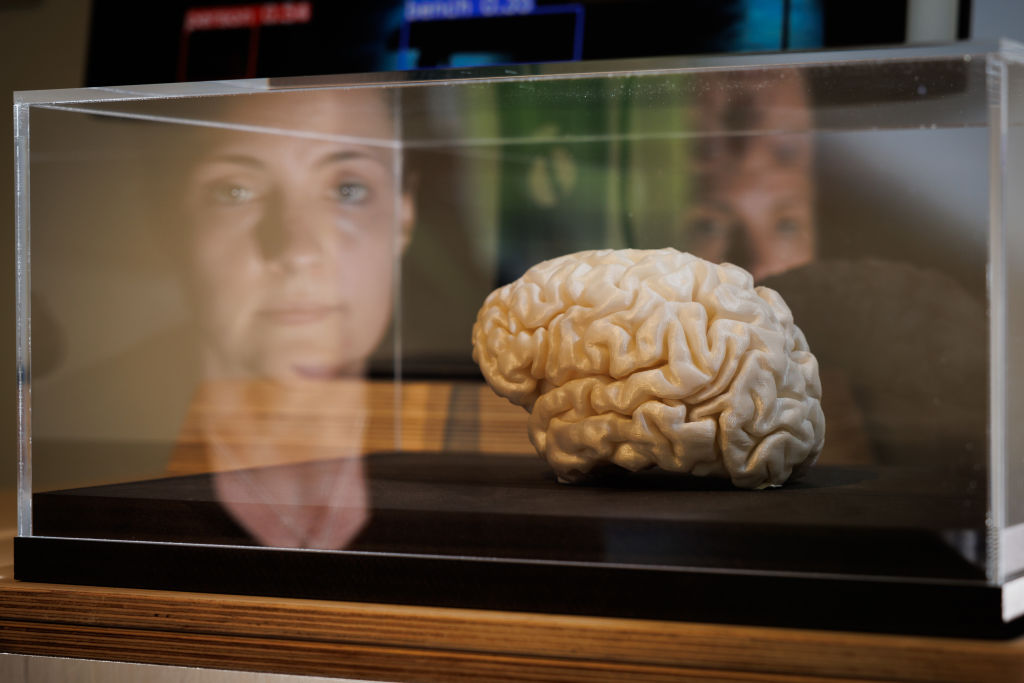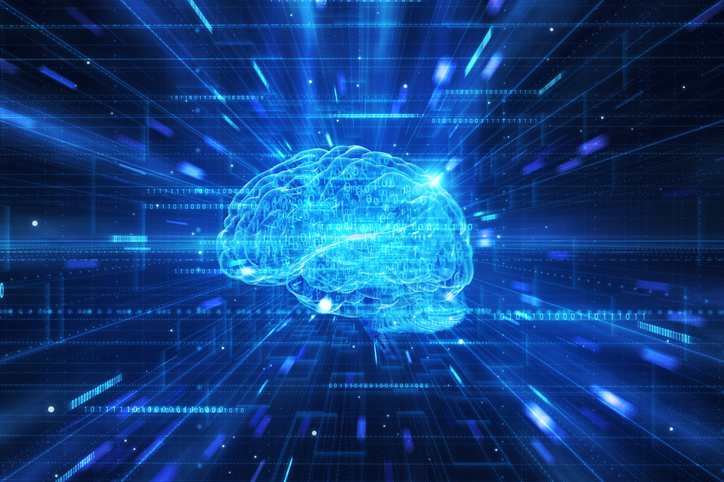January 2, 2025 5:03 PM
Nano-formulated Melatonin shows promise as therapeutic solution for Parkinson’s disease
Researchers have found that a nano-formulation of melatonin, a hormone produced by the brain in response to darkness, could be a promising treatment for Parkinson’s disease (PD). Parkinson’s is a neurological disorder caused by the loss of brain cells that produce dopamine, leading to problems with movement and coordination. Current treatments can only manage symptoms, but they cannot cure the disease. Melatonin, which is known for regulating sleep, has been studied for its potential to pr...












